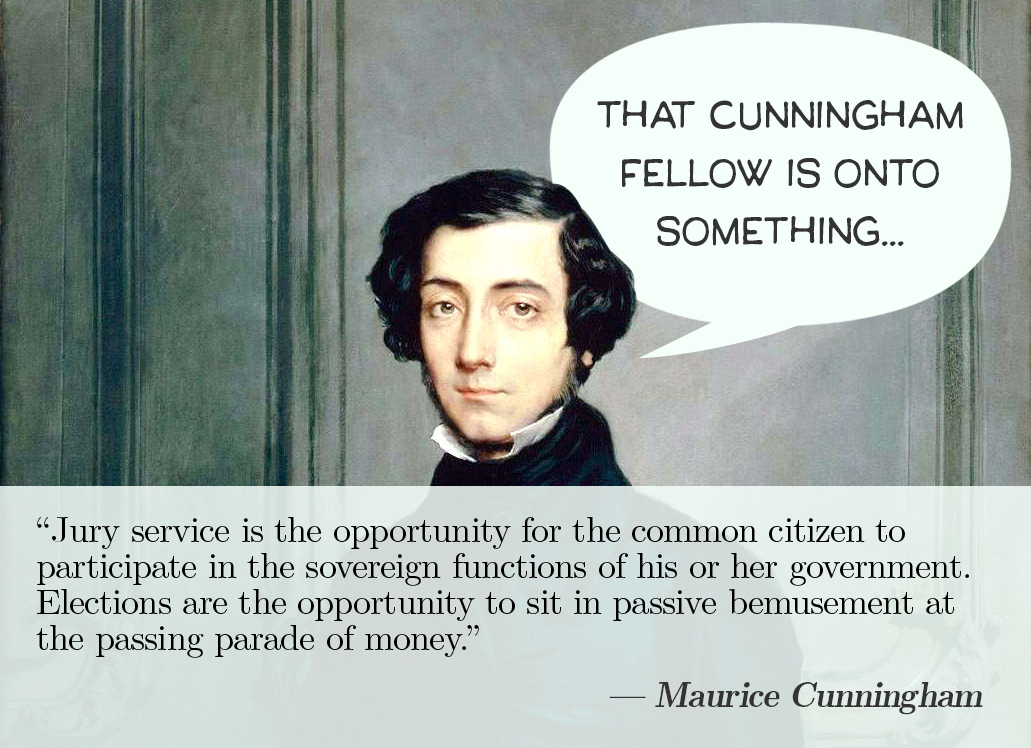Martha Coakley

Last week’s release of the ad entitled “vulnerable” by the Commonwealth Future Political Action Committee supporting Charlie Baker is low-down dirty politics. At root, the ad suggests Martha Coakley facilitated child abuse in the Commonwealth via administrative support for the Department of Children and Families. The grey tones and sad playground visuals are all intended to leave voters thinking: Coakley does not stick up for kids. She made it easier for children to experience neglect and abuse. Stating the not so subliminal message makes evident how absurd the ad is. It’s rough. It’s ugly.

Charlie Baker needs this election to boil down to a personal choice; that is to say a choice between two people, not two policy agendas or governing philosophies. This tricky but necessary tact for Bay State Republicans requires very careful attention to good behavior on the campaign trail. When Baker committed the "sweetheart" gaffe it was a relatively containable slip, but a slip nonetheless. The latest SuperPAC attack ad on Martha Coakley, however, is a bit more complicated.
For the past four months I have been arguing that the contest for the Democratic gubernatorial nomination between the sitting State Attorney General and State Treasurer was much closer than the pollsters would have us believe. Now that the results on Election Day seem to support my conclusion, the pollsters who saw a 40-plus point Coakley lead in the Spring and a 20 or more point lead three days before the polls opened, need to figure out where they went wrong.


